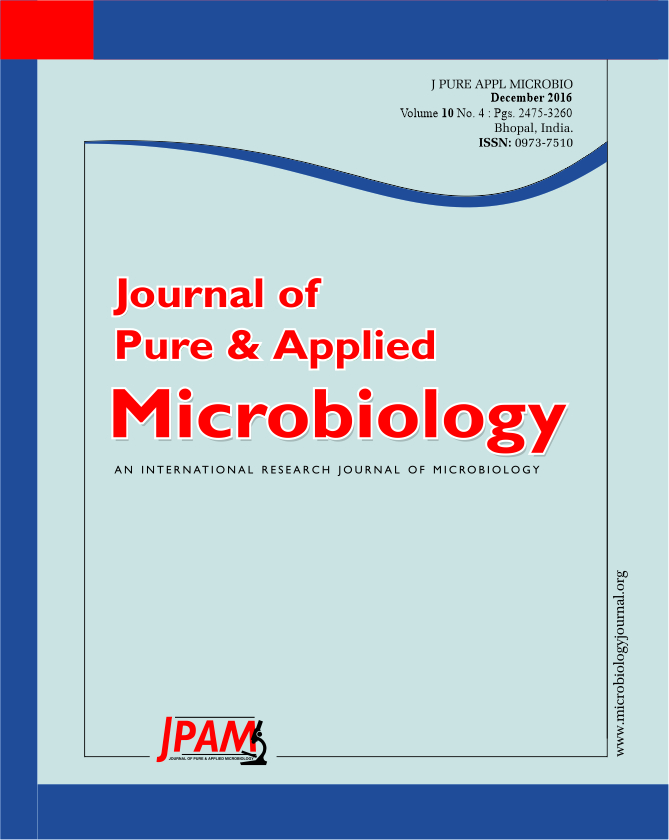The aim of this study was to detect bacterial infection of: Chlamydia trachomatis, Ureaplasma spp. and Mycoplasma, from Saudi women samples. Samples were 100 from pregnant women attending the obstetrics and Gynecology clinic at Alymamah Hospital, Riyadh, Saudi Arabia during March 2013 to March 2014. DNA was successfully amplified from 56 samples. The results of this study indicated more reliable method which detected Chlamydia trachomatis, Ureaplasma spp. and Mycoplasma which caused vaginitis in lower genital, showed high frequency of both Mycoplasma spp (44.6%) and Ureaplasma spp (30.4%) infection among Saudi pregnant women. Association of Mycoplasma spp, Ureaplasma spp, and C. trachomatis has been observed but no association was observed between M. hominis, M. genitalium and U.urealyticum.
Chlamydia, Mycoplasma; Ureaplasma; Vaginitis.
© The Author(s) 2016. Open Access. This article is distributed under the terms of the Creative Commons Attribution 4.0 International License which permits unrestricted use, sharing, distribution, and reproduction in any medium, provided you give appropriate credit to the original author(s) and the source, provide a link to the Creative Commons license, and indicate if changes were made.


